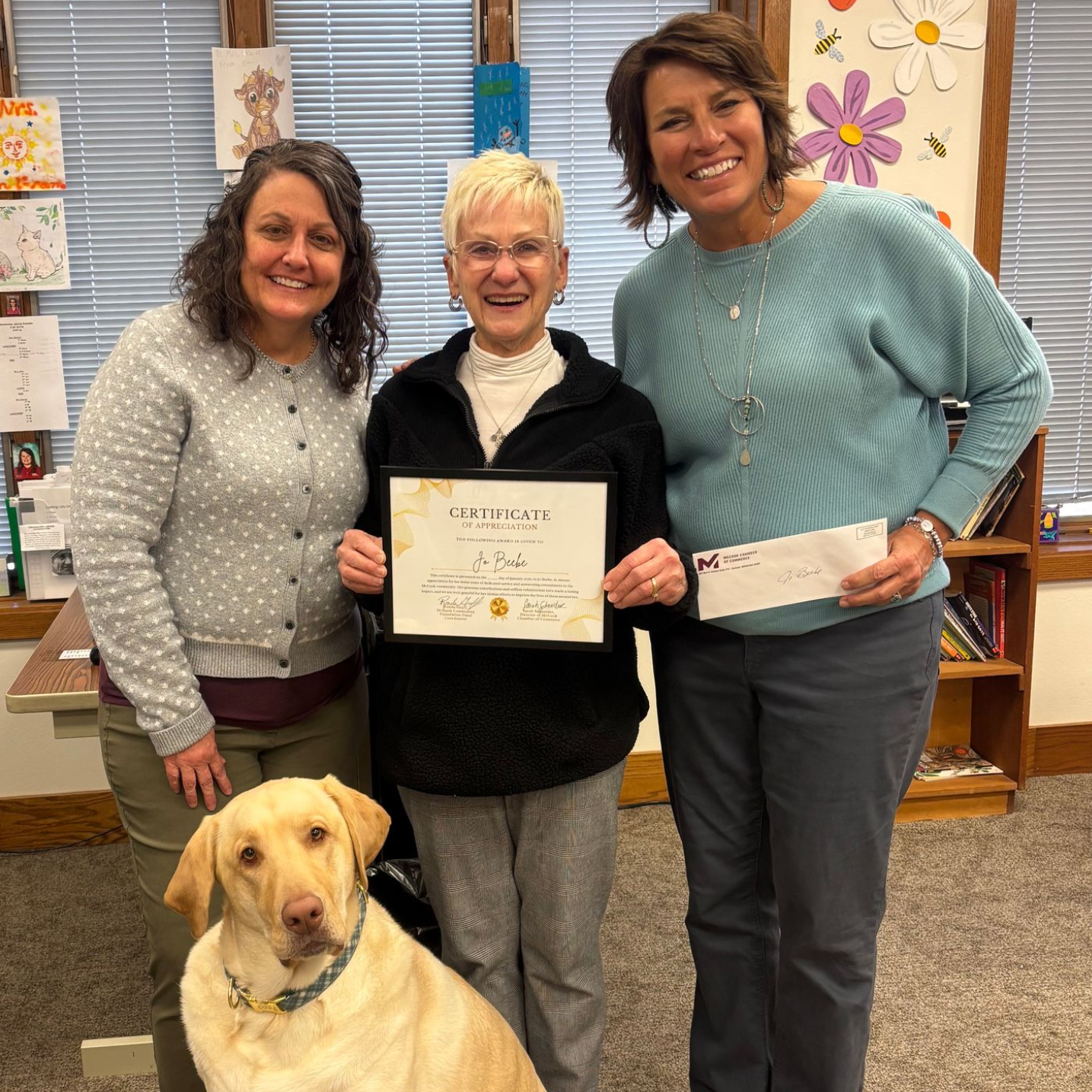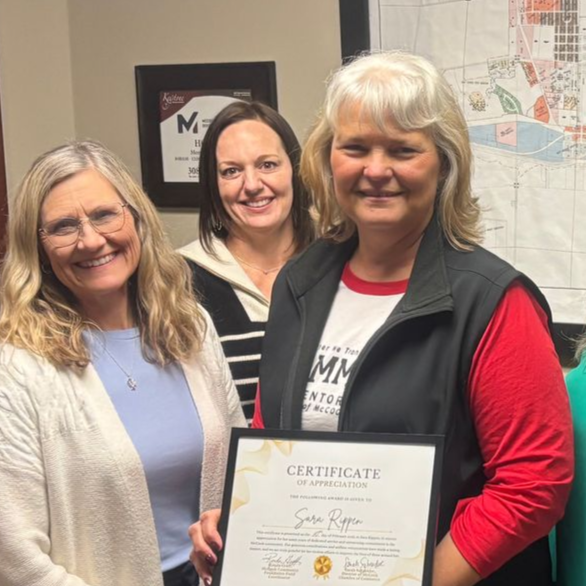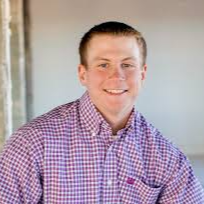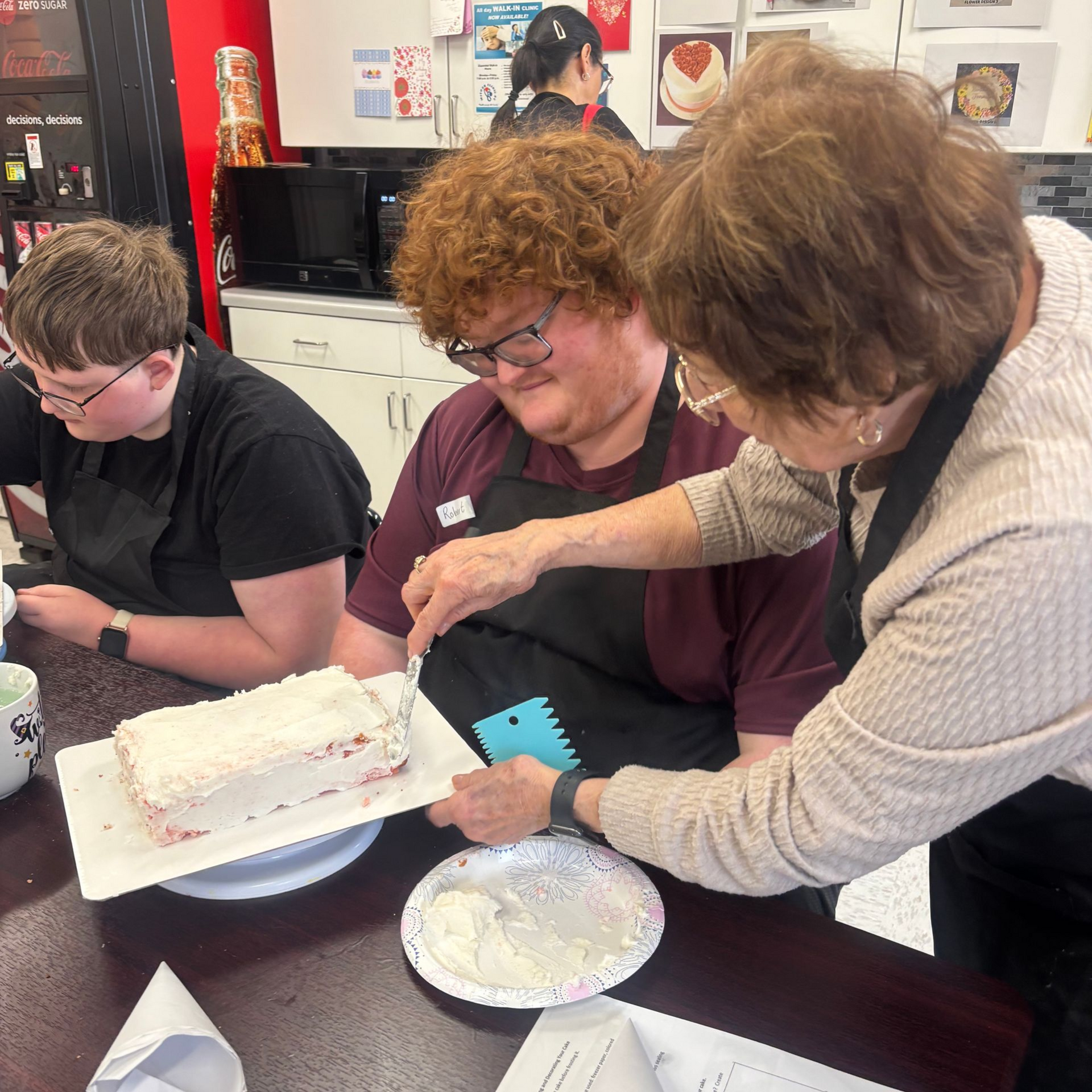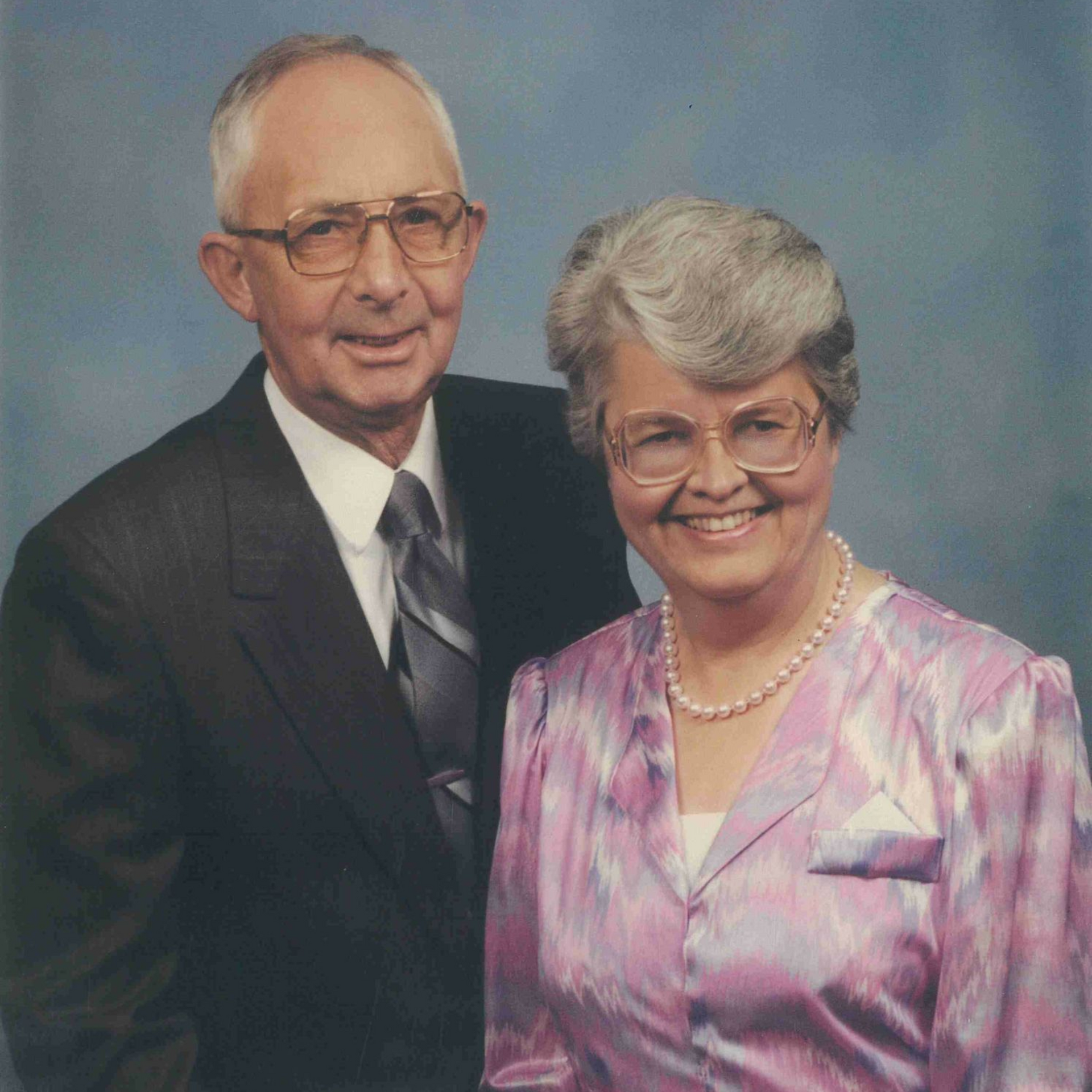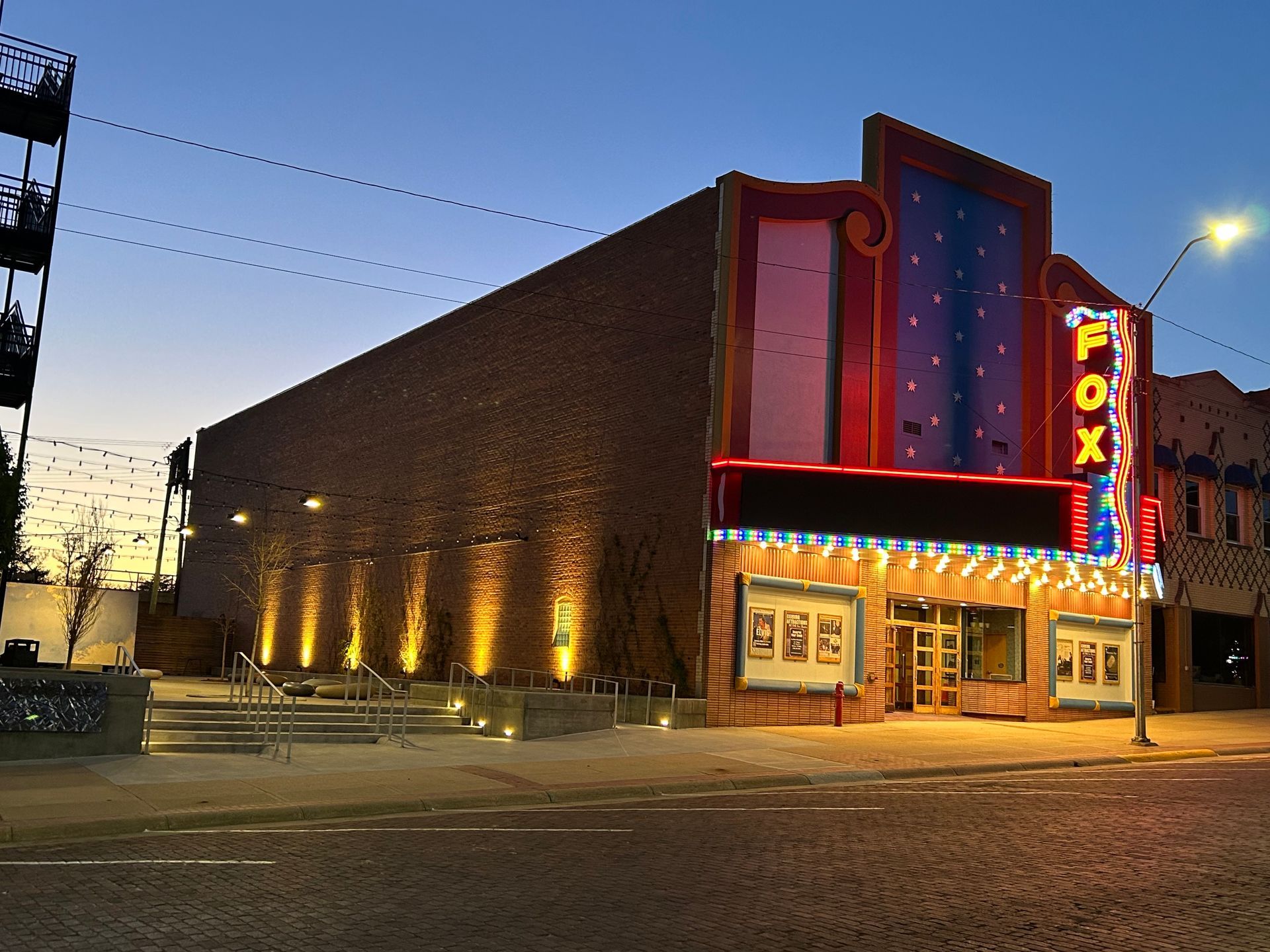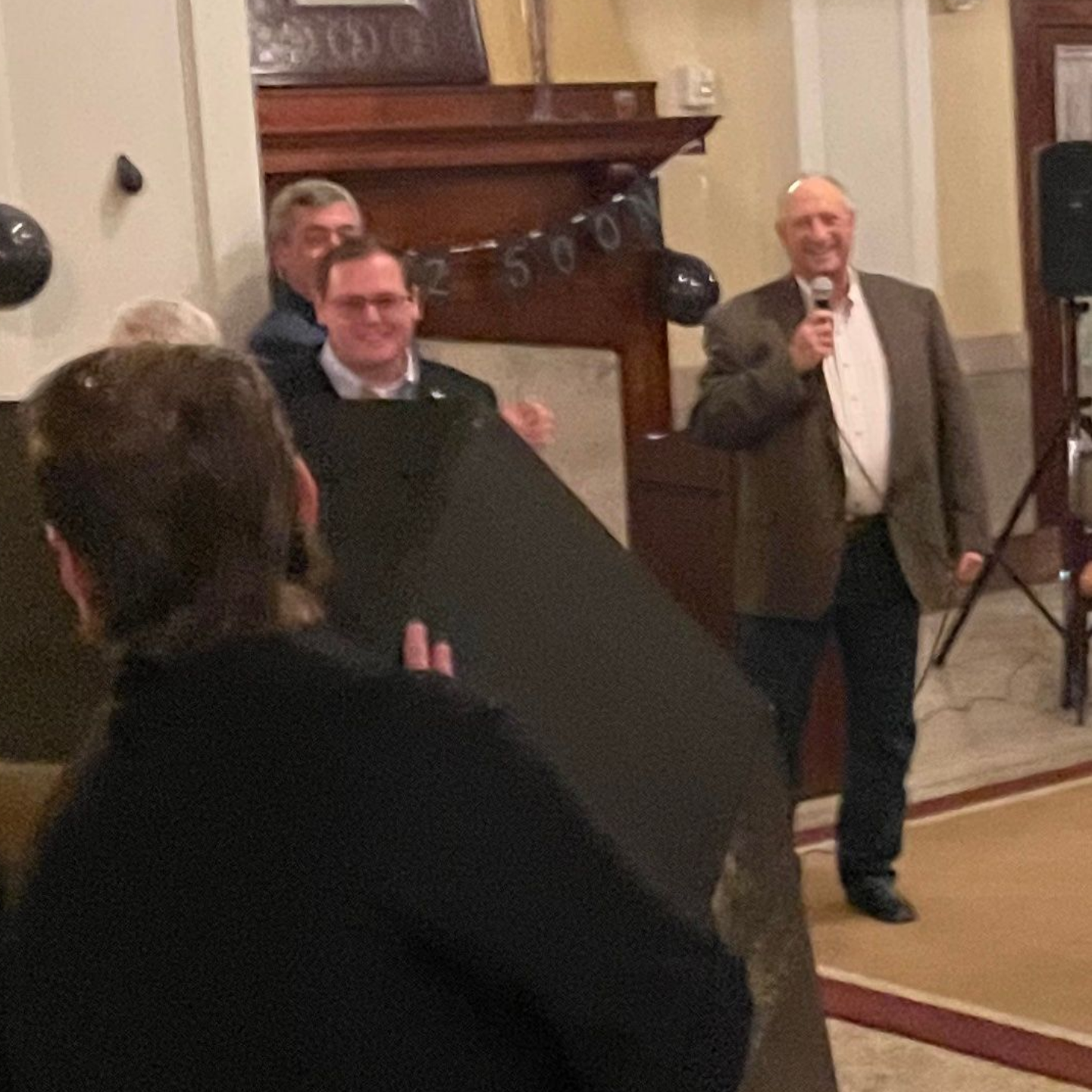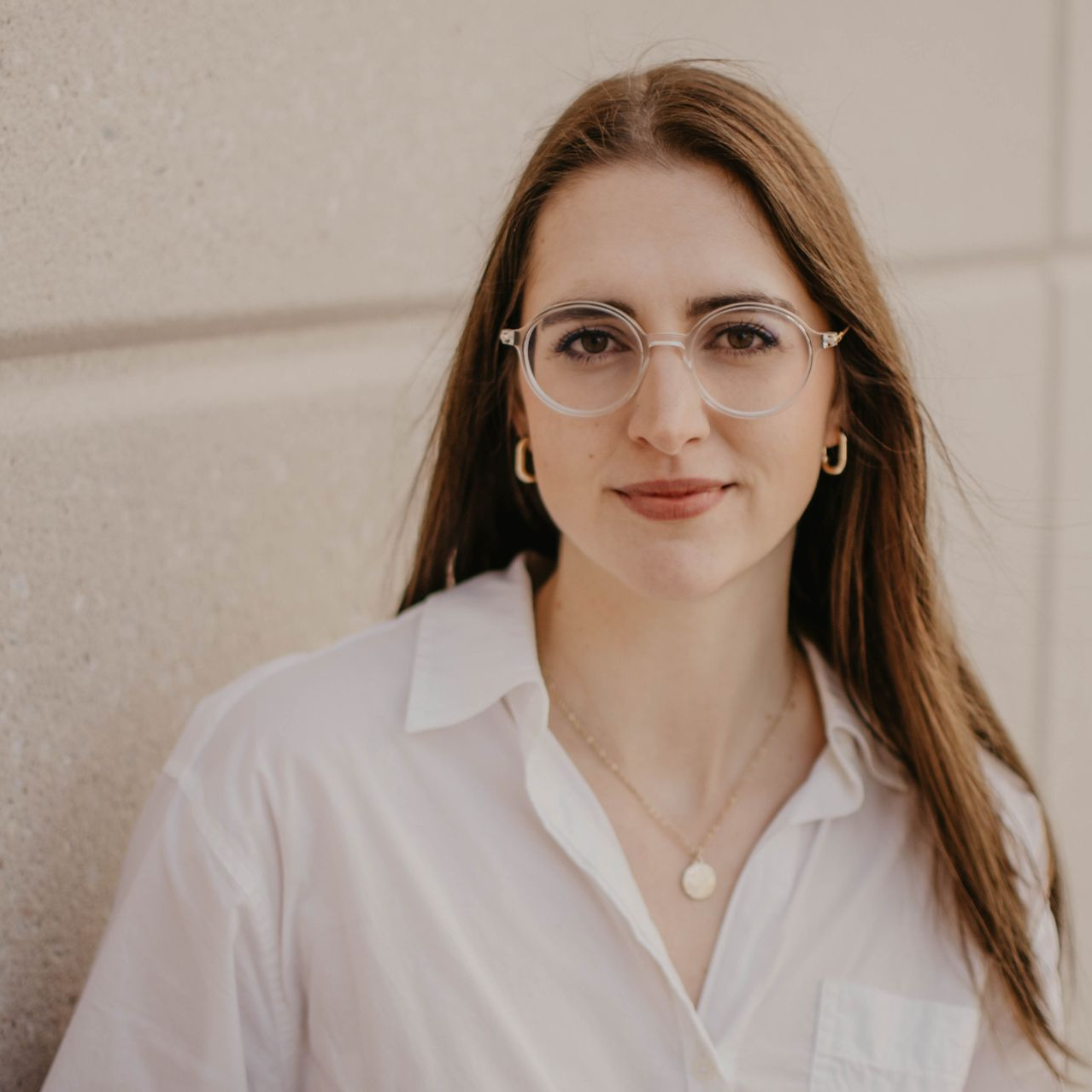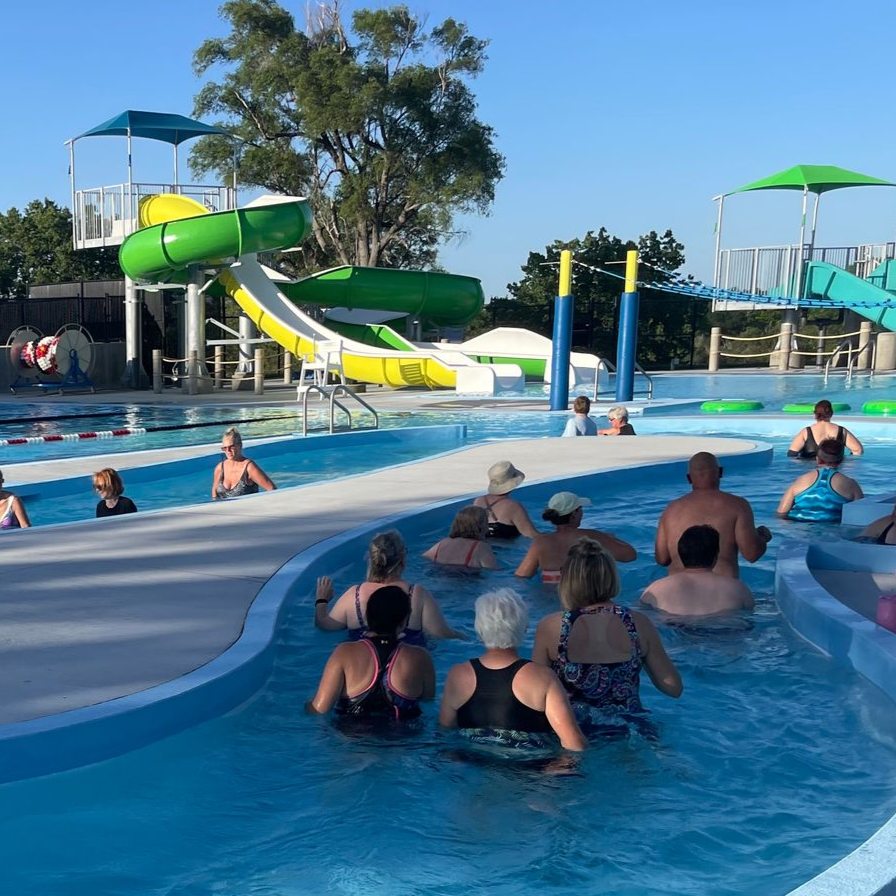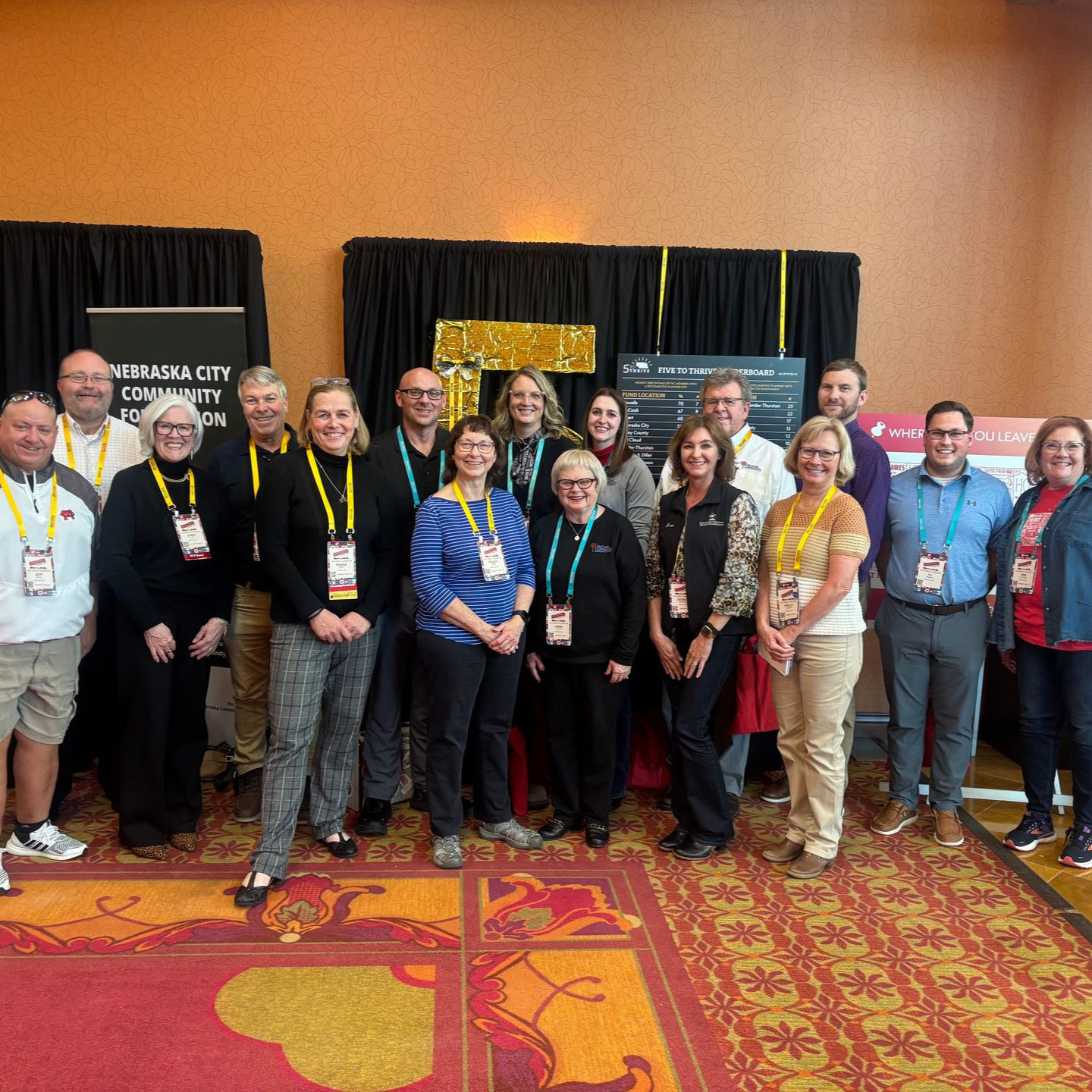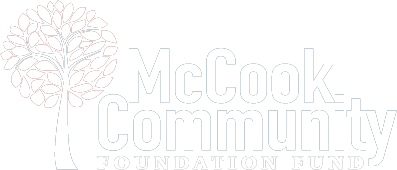One of my hobbies is doing triathlons. For those who don’t know what this sport entails, a traditional triathlon is swimming, bicycling and running - or in my case, walking.
The order of events is intentional with the swim going first. If you are tired on the run, just walk. If you are tired on the swim, you have bigger issues. That being said, my son has done a triathlon in Iowa that starts with the run, then bikes and finishes with the swim.
There are several distances to choose from when doing a triathlon, some official and some created for the particular event. There are super sprints, which can be completed in less than half an hour. You may have seen Olympic-length which is being done at….the Olympics. I assume the distances for the Olympic triathlons are what will work best with commercial breaks.
Next up in the distances is the half-iron or middle distance, which features a 1.2 mile swim, a 56-mile bike and a 13.1-mile run and is the most popular distance.
But the longest distance is the full-iron or long-distance triathlon. The athletes swim 2.4 miles, bike 112 miles and run a marathon or 26.2 miles. If you are wondering how long this takes, a professional triathlete can do it in 7 to 8 hours. Normal people like my husband and me use up the allotted time or 15 to 16 hours. Yes, we are out on a race course from sun-up to sun-down and sometimes longer, necessitating head lamps and glow sticks to finish the race.
A full triathlon is physically and mentally draining. As you walk up to the start to begin your swim, you know there is a lot of work ahead of you and that can be overwhelming, causing some to not even start.
So why is my focus on a sport that relatively few people do? Because long-distance triathlons can be viewed much in the same way that we view progress in our communities. The easy answer whether considering tacking a long-triathlon or making changes in your community would be not to do anything because it is going to be a lot of hard work, people are going to question your decisions and you may be burned out and overwhelmed by the end.
But ultimately, each one of us makes the decision whether to move forward or not, whether something in our personal lives or with projects in our community.
When my husband and I decided to tackle a long-distance triathlon, it required so much training that it was essentially a second job. But we also received a bit of advice to help us get through the long days of training and on the day of the event: break up the triathlon into pieces.
When we are in the water, we are only to be thinking about swimming. We were to think only about reaching the next buoy, to focus on the next three breaths, to plan for the next turn on the course.
If we started to think about the long, hot bike ride or the shadeless, hilly run still ahead of us while we were in the water, we would mentally break down. It was too daunting to think about all the miles that we still needed to complete in order to be successful.
Instead, we needed to celebrate the small wins of passing someone in the lap lane if we were in a pool or not drowning on the first loop of an ocean swim. If anyone would love to hear the reality about a Nebraskan heading to Florida for a triathlon without having every swam in the ocean first, let me know.
Everyone and every community needs small victories in order to keep moving forward. Yes, we need long-term, big idea plans on the horizon but it’s the small steps along the way that give us momentum, that let us know we are headed in the right direction.
That is why the smaller projects you see around the community are so important. We need the flowering planters, the monthly concerts and flags flying on the main street.
And these are just a few ideas. Everyone has ideas that they think would improve their community. But maybe you don’t how to get started; you don’t know where to find funding; you don’t know if it is a good idea or even possible. Reach out to those who are getting things done and ask for help, ask how they got started, ask how they got funding.
We need small projects along with big plans to build pride, to instill a love of community, to create the communities that we want to live in.
If you need one more tie-in to triathlons, watch the swim portion of an open-water swim.
Every third or fourth stroke, the triathlete will lift there head to both take a breath but to also look forward and get their bearings. Then they put their head back into the water for a few more strokes before repeating the process. While keeping their head in the water is more efficient, lifting their head occasionally helps them keep their focus, lets them know they are on the most efficient path, and reminds them that they are on the right course.
Whether it is in our personal lives or for our community, we need to do that too. We need to be efficient and have long-term plans to be successful but we need to lift our heads up now and then to find our focus, to know that we are on the right path and to remind ourselves that we are on the right course. And perhaps most importantly, we need to pursue and celebrate the little wins along the way.
